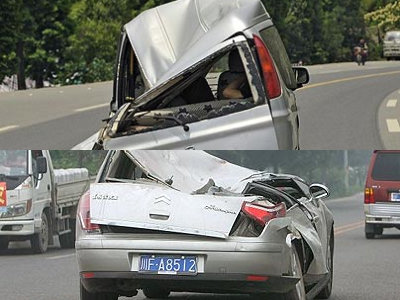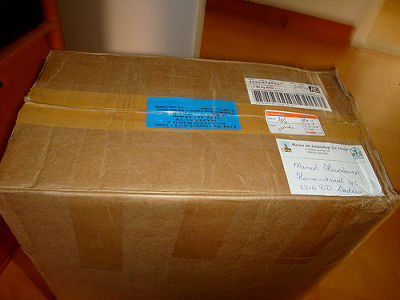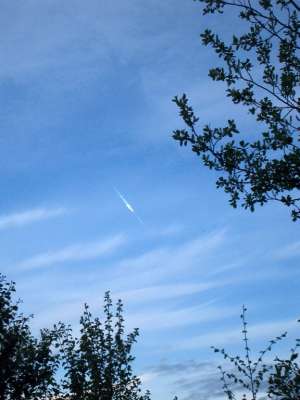Report that blockade measures against new type of coronavirus affected 'earth vibration' itself

As a measure against the new coronavirus, countries have taken measures to block travel and ban travel and block business activities.
Coronavirus lockdowns have changed the way Earth moves
https://www.nature.com/articles/d41586-020-00965-x

Researchers working on Earth's vibrations have reported that blockade measures, including movement restrictions, have reduced vibration noise in the Earth's crust. The reduction of vibration noise at the crustal level, which was revealed this time, usually occurs only temporarily around Christmas, even throughout the year.
However, seismologist Thomas Lecock, working at the Royal Observatory of Belgium, said that the city blockade in Belgium has certainly reduced vibrations measured in the crust. The reason is that just as natural phenomena such as earthquakes shake the earth's crust, vibrations from vehicles running on the road and industrial machinery contribute to the earth's crust.
The graph below shows the time series of ground displacement values observed by the Belgian Royal Observatory seismometer. Schools and restaurants were closed on March 14 in the Belgian capital, Brussels, and the blockade began on the 18th of the same month. As a result, the detected underground displacement values have clearly decreased since March. Lecoq says that the new coronavirus countermeasures in Brussels have reduced 'artificial vibration noise by about one-third.'

Although the effects of vibrations generated by automobiles and industrial machines are insignificant, it is difficult to detect 'other vibrations to be monitored' by combining background vibrations with multiple vibrations. This “other vibration to be monitored” refers to disasters such as earthquakes and volcanic activities, and their precursors. According to Lecoq, the reduction of noise generated by artificial vibrations will make it easier to detect vibrations due to earthquakes and volcanic activities, which are the original detection targets, and accelerate efforts to monitor them. It will be possible to do.
According to Lecoq, the city blockade allows seismometers on the surface of the ground to detect `` small earthquakes '' and `` quarry explosions '' with the same accuracy as seismic detectors 100 meters underground so. 'Belgium is really quiet now,' Lecoq said.
And it is not only Lecoq who has noticed the effects of the city blockade. Seismologist Stephen Hicks pointed out on Twitter that the background noise detected by British seismographs has been reduced. Schools and public places were closed in the UK on March 21 and the government announced a blockade on March 25. After March 23, the average background noise has clearly decreased compared to the other periods.
The # covid19UK lockdown as seen by a seismometer.This week has seen a reduction in average daytime background seismic noise level (purple line) .Data is from @BGSseismology station SWN1 located close to the M4 motorway, so this probably reflects less traffic out on. the roads. pic.twitter.com/uNhtKmeCdf
— Stephen Hicks ???????? (@seismo_steve) March 26, 2020
Ceres Telavetz, a graduate student at the California Institute of Technology's Department of Geophysics, also points out that the noise detected by seismometers at stations in Los Angeles has been reduced.
Here's daily mode noise power from a station in Los Angeles over the past month; the drop is seriously wild.
— Celeste Labedz (@celestelabedz) March 26, 2020
Graph made on IRIS MUSTANG: https://t.co/aTfnmL6kBB pic.twitter.com/rdgzZxMcAU
Andy Flusset, a seismologist working at the Earthquake Research Institute in Washington DC, USA, said that if city blockades continue over the next few months, detectors installed in cities around the world will make aftershocks of earthquakes more likely than ever. Also pointed out that it may be possible to detect even sensitively.
`` Not all seismic stations show the same trends as those observed in Brussels, '' said Emily Wallin, a geologist at the Geological Survey in Albuquerque, New Mexico. He warns, pointing out that many seismometers are located in remote locations to avoid unnecessary background noise, and that such seismometers will not be able to detect noise reduction.
Related Posts:
in Science, Posted by logu_ii







